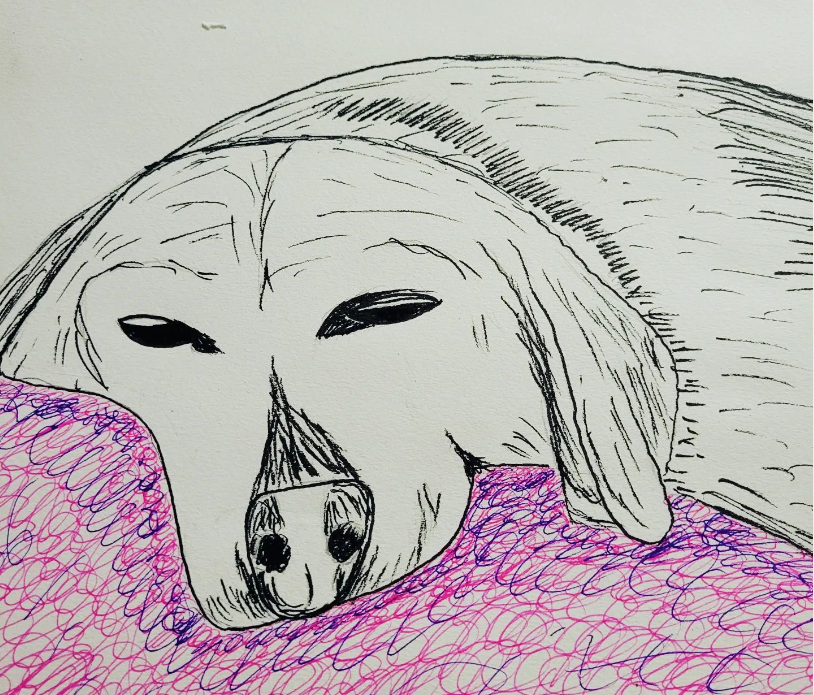MCL - Restarting Yoga and Physical Considerations

(Originally published May 23, 2022)
Update: The Zanubrutinib is still working and my blood test numbers are either within normal range or low as expected. No transfusions. No drama. Yay!
I have made the first tentative steps towards re-starting my yoga practice. I was working on my 200-hr yoga teacher training certification at the time of diagnosis. It's amazing how much flexibility I've lost as a result of spending 5 months either sitting on the couch or lying in bed punctuated by the occasional short walk.
Beyond the lack of stretchiness, I've learned 2 things about my current body:
- I still need to be careful about extending, compressing, or putting weight on my port side (the port is installed under the right collarbone and extends into the carotid artery). That area will let me know if I've done something stupid and the resulting discomfort will linger for a few days. I can do planks and down dog, but I have to go into those poses carefully and can't stay there for extended periods.
- Twists and ab work need to be executed slowly and mindfully. My spleen is much better, but it is still larger than normal. My mid-section is letting me know very quickly if I am moving too fast, lingering too long, or am too deep into a pose.
Hot Power Ashtanga yoga is out of my practice for the forseeable future.
My body has changed since this whole adventure started. Some of these changes are likely temporary - such as the transfusion port on my right side. Other changes are permanent.
- I'll be a bleeding risk for the rest of my life - the minor cuts and bruises that I safely ignored for the past 50 some-odd years now have new meaning.
- My spleen is likely not returning to "normal" after being so wildly over-extended - the spleen is not supposed to take up 1/3 of the abdominal cavity.
- The treatments will have long-term impacts to my body and immunity. It's still early days, so it remains to be seen what the inventory of those impacts are. I've been told to watch carefully for cardiovascular issues and the doctors are keeping close track of my kidney function.
The aches, pains, sniffles, and other physical signs I have historically plowed through I now need to take very seriously. Much more seriously than I ever have before.
I have learned that I need to be much more in tune with my body and stop ignoring or downplaying symptoms.
I have also learned that this change is one of my biggest challenges.
First, I need to identify that something is off in the first place. I have 50+ years of practice in ignoring my body. I've mastered ignoring "minor" aches, pains, and unexplained bruising.
Second, I need to notice the mental chatter downplaying discomfort. This has sounded like variations of "It will go away in a few minutes" or "This isn't a big deal. I can live with it." Most frightening is the internal conversation where I know I need to contact the doctor but have the immediate next thought of "I really don't want to go to the hospital. Maybe if I ignore this it will resolve itself."
Third, I need to act on the discomfort vs. listening to the voices in my head. This means picking up the phone or opening the patient portal to message the doctor or physically going to the ER.
I have a lot of work to do here.
I need to remember that on the cancer journey, I'm not being a hypochondriac if something doesn't feel right.
Changing this pattern IS a matter of life or death.